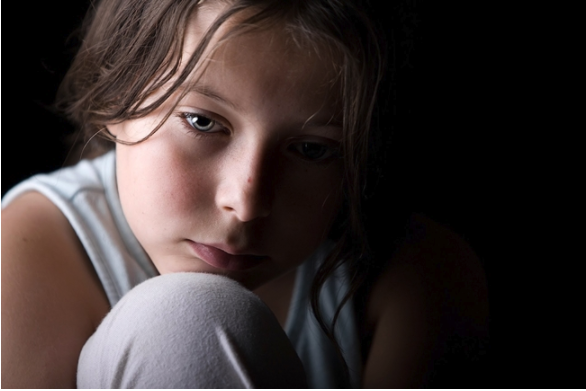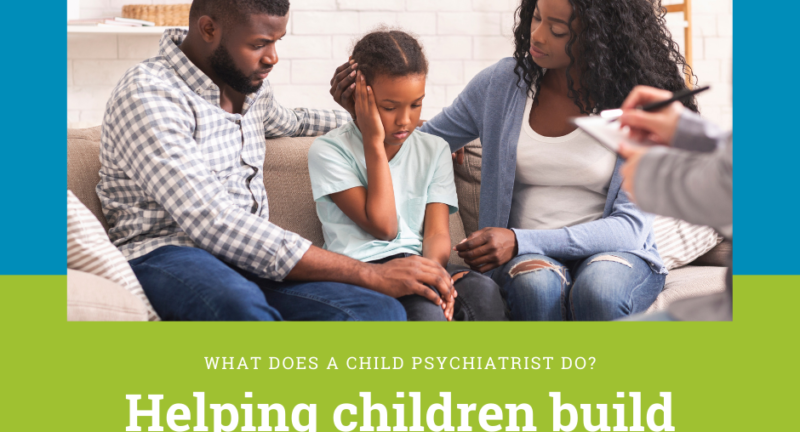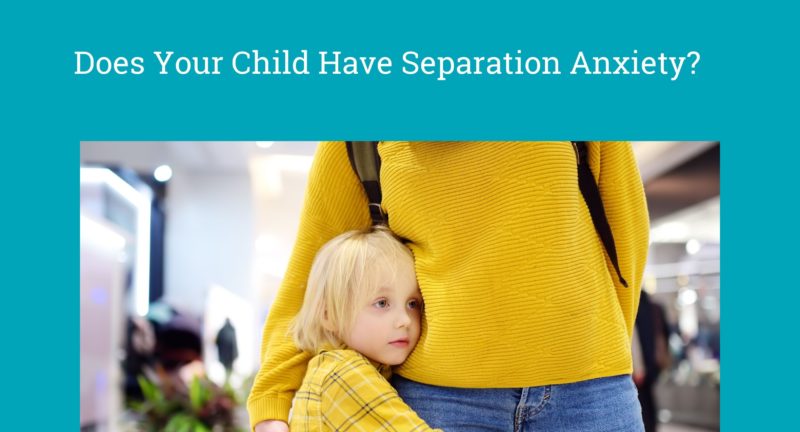
Depression in Children and Adolescents
Depression in Children and Adolescents
Children and adolescents can also be affected by depression. While it is less commonly diagnosed than with adults, it is important to recognize the signs and symptoms.
About 2.5 percent of children in the United States exhibit symptoms of depression. Depression is more common in boys below 10 years old, but, by age 16, girls are found to have a greater incidence of depression.

Photo Credit
Causes
The causes of depression are varied and include genetic vulnerability, environment, physical health, family history, life events, and biochemical imbalances in the brain.
Symptoms
The symptoms of depression in children and adolescents are similar to those displayed by adults. Parents can help their children or adolescents break free from depression by recognizing the symptoms, including:
· Fatigue
· Irritability
· Anger
· Pessimism
· Rebellion
· Social withdrawal
· Sleep disturbances
· Suicidal thoughts
· Concentration difficulties
· Feeling of worthlessness
· Persistent sadness or hopelessness
· Intense ambivalence
· Low self-confidence
· Weight changes (either weight gain or loss)
· Anhedonia (loss of interest in previously enjoyed activities)
Diagnosis
Diagnosis is performed carefully because some of these behaviors occur in these age groups as part of a developmental stage.
There are no specific tests that can diagnose depression unequivocally. However, tools such as questionnaires (for both the child and parents) and personal information/history can be helpful in diagnosing depression in children.
The earlier a child or adolescent is diagnosed, the sooner he or she can begin treatment.
Medical treatment
Depression is a treatable medical condition. Depression that is not treated could worsen. Group therapy, family therapy, and partial or day-hospital programs are found to be helpful for many children and adolescents who suffer from depression.
The combination of psychotherapy and medication is believed to be most effective in treating depression in children and adolescents.
Depression in children and adolescents can have lasting effects on their lives as adults. If you think that your child or adolescent is suffering from depression, seek treatment from a psychiatrist or other mental health professional as soon as possible.
Call Next Step 2 Mental Health at 502-339-2442 and book an appointment with one of our highly-trained mental health professionals. You may also visit us through our website at Next Step 2MH.
Related Posts
Finding the Right Child Psychiatrist in Louisville, Kentucky
Parenting a child with mental health challenges can be both rewarding...
Does Your Child Have Separation Anxiety?
Separation anxiety tends to appear in infants around the age of 6-10...


